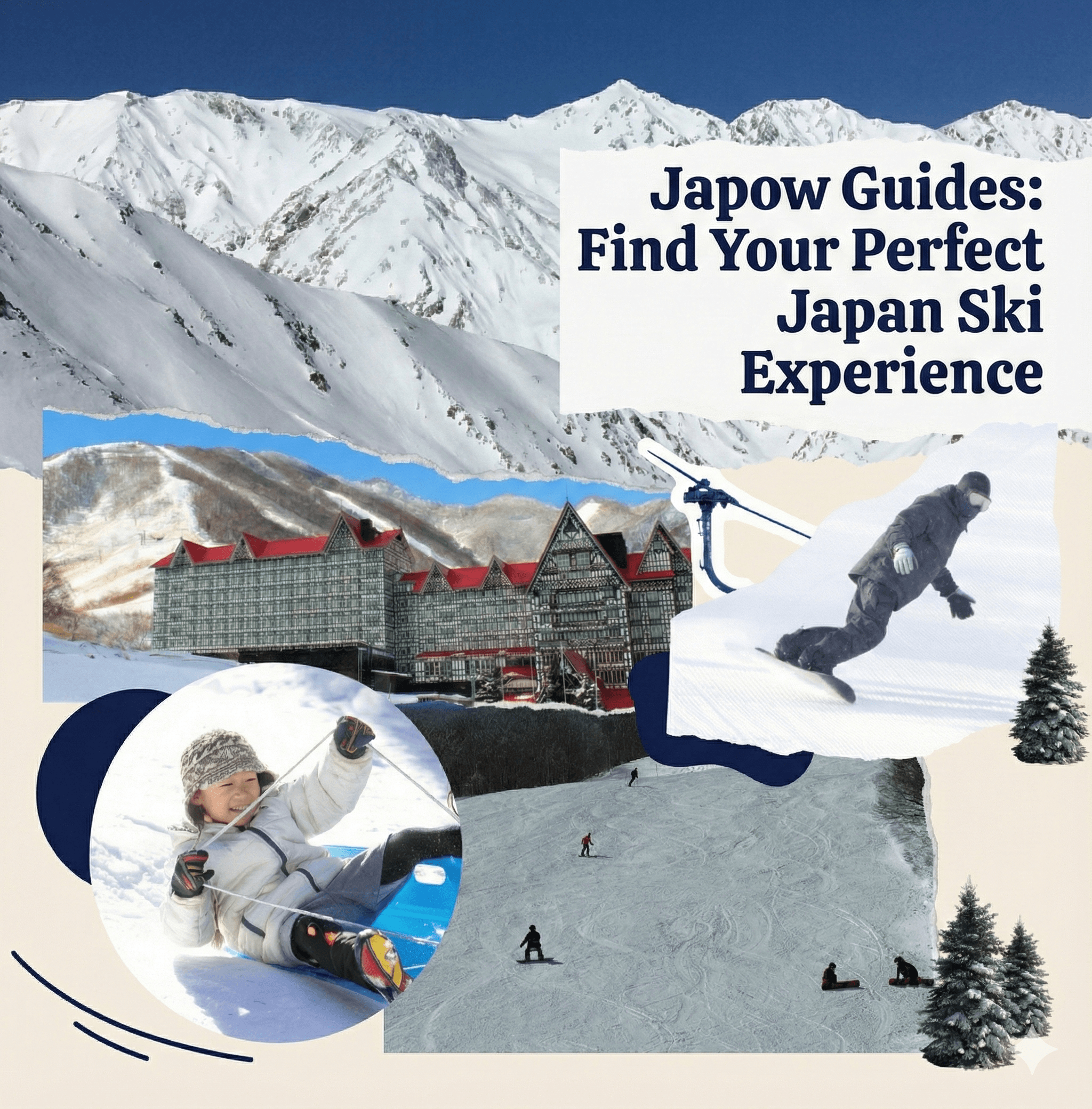What is Japow?
What is Japow?
Japow is a term used by the international skiing community to describe Japan's legendary powder snow. The combination of cold Siberian air and warm ocean currents creates incredibly light, fluffy snow that's perfect for skiing and snowboarding.
